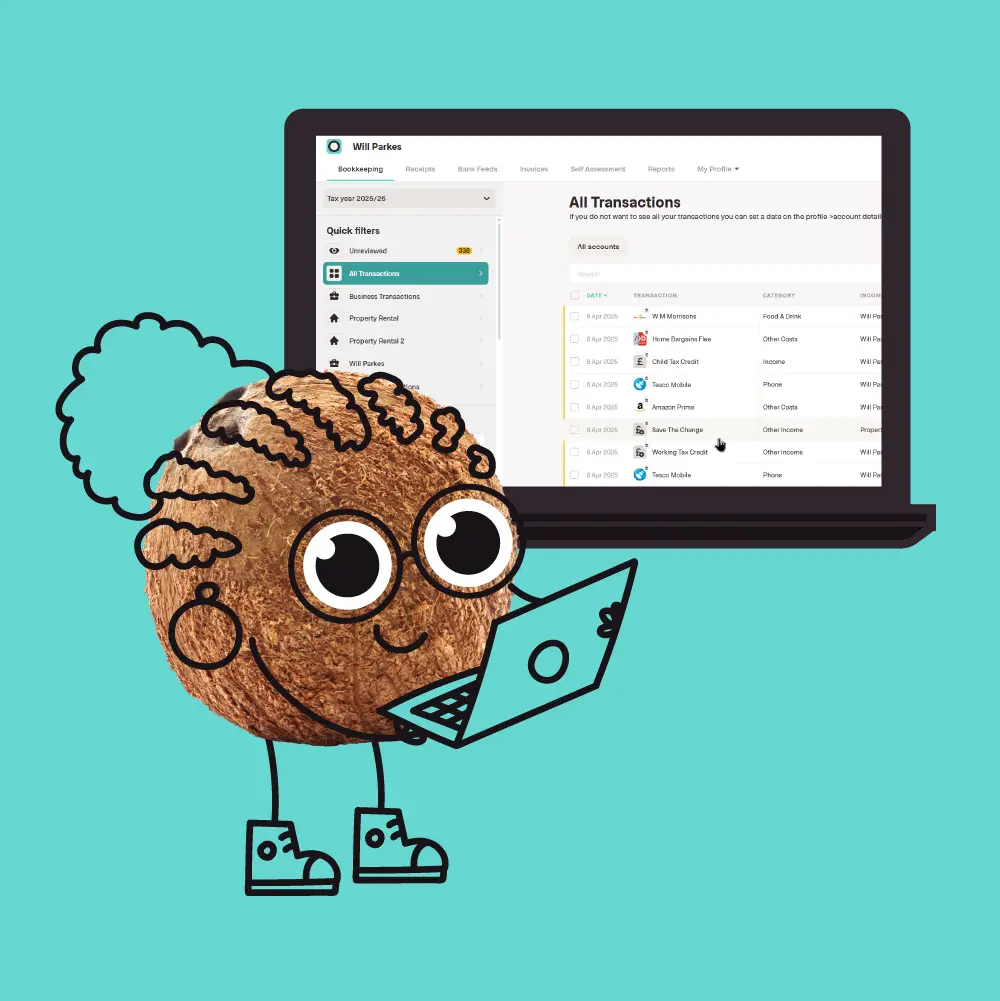"I want to build a business that’s flexible around my life and my health… I want to be in a situation where I’ve got an established business that can work around me."
In this edition of Community Spotlight, we spoke to self-taught jeweller, Esh: a self-taught, freelance jeweller building a more fulfilling career for herself; one that can fit around her life and potential health concerns in the long-term.
Before going full-time freelance, Esh had struggled with the stresses of working long hours in jobs that were very demanding—and that had, at times, taken their toll on her mental and physical health. But by investing any spare time she had in her jewellery-making side-hustle, she gradually built up a freelance business that has, in turn, led her to find a route out to a more satisfying work/life balance. Here's what she had to say...
Hi, Esh! Jewellery isn’t something we often hear about as a freelance career. How did you get into it?
I’m primarily a freelance jeweller, which means working in other people’s workshops on their designs. But I’m also a jewellery designer myself and a hand engraver.
I didn’t actually study to be a jeweller; I’m mostly self-taught. Then about eight and half years ago, I was talking to another jeweller about trying to intern and get hands-on experience and that led to some freelance work. Then, when I was ready to leave my job, I found two other people to take me on as well.
And how did you teach yourself?
I did a short adult education course at Kensington and Chelsea College to learn the basics of making silver jewellery. Then I set myself up with a work-bench at home and just kept practising until I could get more experience as an intern.
Also, my day job was working for a shop that sold supplies to jewellers, so that helped in getting to know some of the people I now work with.
What motivated you to go freelance in the first place? What’s your end goal?
I took a job at a jewellery supplier after being made redundant, and was working there alongside trying to establish my own jewellery business. This allowed me to simultaneously get experience working as an intern for another designer, until eventually (eight years later) I was able to leave the day job and work full time as a freelance jeweller. So, I’d say it happened step by step; incrementally.
I want to build a business that’s flexible around my life and my health. I have some chronic health issues—they’re not too bad now, but they can progressively get worse. If that happens again, I want to be in a position where I’ve got an established business that can work around me. As I have arthritis in my hands, I may not be able to always make the jewellery myself (which is the bit I love the most), but I hope to be able to keep the business going.
Who have you looked to for guidance?
When I was working at the shop selling supplies, they didn’t have a social media presence, so I set that up. That led to me following other accounts and building up industry connections. Also, the shop itself supplied such a range of jewellers—from big, successful brands, to students at St Martin's, to older women who’d turned to jewellery after leaving corporate careers. So, it gave me great scope to build connections and I basically just asked questions all the time!
Now that I’ve got my own business, I still use social media. There are some really useful Facebook groups and I’ve also joined The Coven Girl Gang for female entrepreneurs—it’s great for practical advice on all aspects of running a business.
What does your business do differently from others?
I want my jewellery to be sustainable and ethical. That’s actually made it harder to get started at times, as I don’t want to rush in until I know that all the different steps comply with my standards around sustainability.

I’d never thought about jewellery being ethical. How does that work?
Jewellers use a lot of chemicals and raw materials, so it’s about doing the research around ethical sourcing and sustainability. I’m learning more all the time—although things have slowed down a bit because of Covid, with some courses being postponed or cancelled.
So, I guess that’s also a unique selling point?
Well, I hope so—but it also really matters to me. There’s lots to learn, but I think the important thing is to take small steps in the right direction. If people know that I’m constantly trying to make improvements, then that’s the main thing. You can’t wait until it’s all perfect.
Could you describe your life before you started working for yourself and what life’s like now?
Before I went full-time, I worked for four days in my old job and freelanced one day a week. It left me feeling constantly stressed and I’d sometimes have panic attacks.
Now, life is a lot less stressful! I tend to work for a set group of people but that can change—so that can be a worry. I started 2020 worried about losing one job, but then something else came up and it’s ended up being fine. So, there’s uncertainty...but that’s nowhere near as bad as how things were before.
Why is that?
Flexibility. I don’t need to start at a set time every day. I’d always struggled with insomnia in the past but that’s easier now; I know I can come in half an hour later and leave half an hour later, it’s fine. And if I need to take a day off, then I can do that too.
So, can you sum up the difference that freelancing has made to your life?
For me, it’s about the physical evidence of a day’s work. My old job was as a purchasing manager, so I was constantly looking at screens and spreadsheets. There was never any evidence of what I’d done all day, even though I’d leave work frazzled.
But now I actually make things; I can see how they change at each step. I just find that so rewarding.
What would you tell someone thinking about going freelance right now?
There’s no time like the present! I mean, there’s never a perfect time so don’t end up wasting too much time thinking about it, as I did!
What are the three biggest challenges you’ve faced and how did you overcome them?
Firstly, contracts ending without warning. But luckily, things have worked out in my favour so far with something else coming up at just the right time.
Covid has been a real challenge; just figuring out how to work around it. It was hardest in the first lockdown, but since then I think that, like a lot of people, I’ve been able to work out how to adapt my business and it’s been easier.
And the third big challenge was ending an eight-year business relationship. I’d freelanced for this person for so long that the boundaries had become blurred.
Initially, I talked to friends about having another conversation about setting better boundaries. But we’d had conversations about this many times before, so when I got approached about another freelance job, I decided it was a good time to move on instead.
Thanks, Esh!
As a result of her combined experiences, Esh now thinks it’s very important to have a clear specification for each job. That's her top piece of advice. So, have a contract, a job description or at least a written agreement you can refer back to and gets updated for your regular clients too.
Speaking to Esh, it’s clear that getting to where she is now with her business has been a one-step-at-a-time thing; building up contacts and investing hours in honing her skills.
She didn’t set out with a grand plan to launch on her own. But she’s now building a business that’s true to her values and which she hopes can flex to support her in the future if she needs to adapt the ways in which she works to accommodate her health issues.
Pretty damn inspirational, we say!










